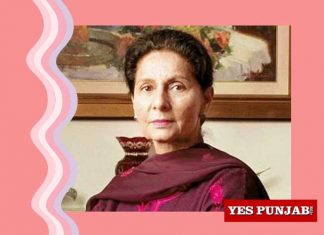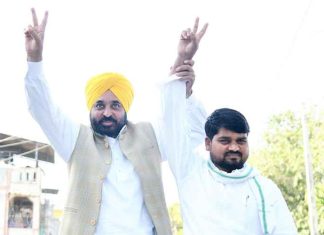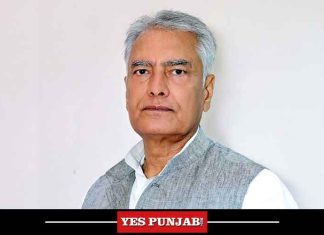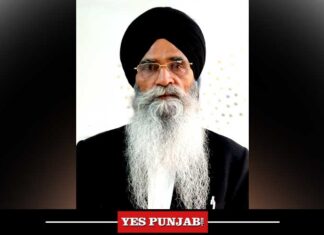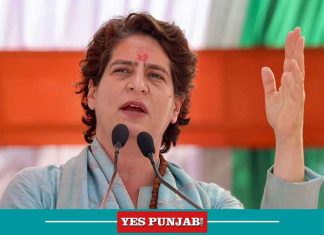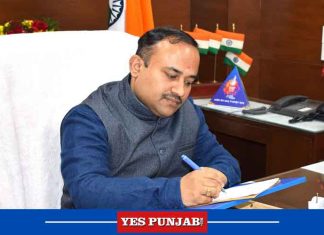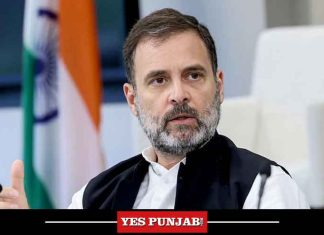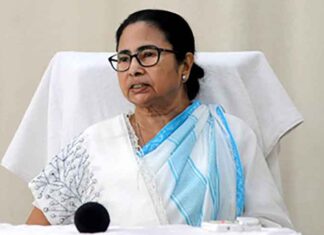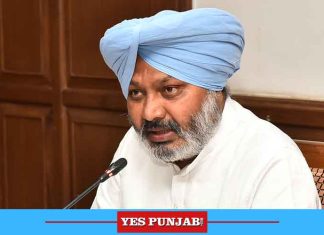New Delhi, July 23, 2023- The advent of the IT (Information Technology) revolution – 1991 is the universally acknowledged cut-off year for it – transformed the world socio-politically by facilitating instant communication across geographical frontiers and economically by bringing in globalisation that set new paradigms of competitiveness.
Any knowledge in the public domain was universally shared no sooner than it was created and this produced the new mandate that one had to be well-informed for being successful in any sphere of life.
Information Technology (IT) has since pushed economic growth along a fast track by making human processes more productive, creating new products and services including the newfound diversification prompted by Artificial Intelligence and accelerating all business activity by making ‘time’ a new resource. We live in times of a knowledge economy that encourages entrepreneurship and start-ups, makes it possible that a competitor could spring up from any corner of the globe and warns that all plans should be prepared to keep in view the requirement of ‘course correction’ compelled by new information.
Being well informed in the present is now subject to a further test of being able to read ‘what lies ahead’ for retaining the competitive edge.
Between two peak performers, it is this visualisation of the shape of things to come that would give a vital advantage to one over the other. Having completeness of knowledge relatable to a given situation is yet another criterion of success in that moment and this obviously would be an ongoing challenge in all walks of life.
Education today stands severely impacted by new concepts, learning methods and technological aids. The importance of information, the need for protection against ‘misinformation’ on social media and the gains of digitisation are to be understood in depth and this can happen only when the individual is mentally equipped through proper education to grasp the new developments.
Traditional classroom education is to be supplemented with online teaching to enable the student to use the new channels of learning and accessing information.
Computerisation built into the teaching methodology has demanded a switch over to IT skills by the teacher and the taught alike and has thrown open a world of knowledge and learning techniques bringing with it a new discipline about the use of the internet, social media and online communication. There is an emphasis on self-help, initiative and peer consultation which are transformative approaches when seen against the rote system prevailing earlier. Today’s student is more self-confident, is willing to learn and is curious – the spirit of enquiry driving him or her to become well informed – and hence moving closer to success.
The importance of interaction, a two-way street between the instructor and the student, and knowledge-based decision-making at all levels are the new-age features of education and learning. Developing an analytical mind and the ability to collate facts relevant to a given situation are part of the mandate of this new age.
Notions of ‘completing’ education through a Master’s degree in the hope of landing a respectable placement for a regular income are changing somewhat and this is reflected in three distinct trends.
Developing special skills aided by computerisation is certainly recognised as a productive alternative to University education and this has given a fillip across the corporate world to the idea of improving Human Resources (HR) by organising ‘re-skilling ’ and ‘up-skilling’ programmes. There are new tasks for HR managers everywhere. Secondly, private institutions offering MBA ‘certificates’ have mushroomed across the country and many of them enjoying the backing of corporate leaders – who stepped in as ‘visiting faculty’ – are proving quite authentic in terms of placements they were able to offer standing up to the best government-run Management institutes.
Education at the undergraduate level has vastly spread in the private sector – BBA certificates are widely offered – and the phenomenon of education becoming good ‘commerce’ is now well established. Somewhere, this is attributable to the fact that these private institutions were providing specialised education that was closer to practical coaching and hands-on experience through internships and ‘attachments’.
The knowledge-based education not confined to mere academics is the order of the day.
The third welcome trend is the rising ambition of the youth to have an optimal college or university education and then strive to launch a start-up with the mobilisation of necessary funding.
It is a sign of national economic advancement that the dependence on ‘jobs’ is to an extent giving way to self-employment.
Considering that India has a relatively young population with a median age of 28.4 years, the advantage of the demographic dividend would rest on the health and education of the young being taken care of. Prime Minister Narendra Modi’s government was actively engaged in attending to this requirement at the policy level.
The objective of education is to prepare the individual for dealing with the world on the strength of knowledge, capacity building and imagination about the possible dimensions of a situation. It does not produce blind adherence to anything but encourages free thinking and innovation.
Education is an equaliser in the sense that educated men and women are on a grid of universal understanding and familiar with the fallout of globalisation.
Today, it is an instrument for building a knowledge economy that necessarily had a universal spread. All national economies are a part of the global spectrum although there certainly is a national strategy for growth – an ‘Atmanirbhar Bharat’ is somewhere built on the sound tradition of Village Economy that once sustained India.
It has legitimised Prime Minister Modi’s call of ‘vocal for local’ that helped the post-Covid economic recovery in this country. Education today is meant to make one a world citizen. This again is an aspect of being well-informed on the basis of integral knowledge – not on a segmental awareness of things.
In a corporate setting that was particularly important as the CEO had to be abreast of developments not only in the business world outside but within the organisation as well. True education pushes the envelope as far as knowledge was concerned and prepares a person for dealing with others on a note of self-esteem, goodwill and equanimity which are abstract words but definable in their own ways. As somebody said, “When you finish reading a book and forget about it, what was left is education.”
India’s National Education Policy (NEP) 2023 aims at reducing the curriculum load of students, provides inter-disciplinary options and favours holistic evaluation of students with the Report Card making a mention of the student’s skills. It introduces a 4-year multi-disciplinary bachelor’s degree in undergraduate programmes in addition to the normal BA degree available after the completion of three years.
The underlying objective of the NEP is also to ‘internationalise’ education in India. In what is a progressive move, foreign universities will be allowed to establish campuses in India – the government taking care to fix the fees of both private and public universities.
The NEP has many features of a welfare state – it recognises the importance of childhood care and education of children of the age group of 3 to 8 years, mandates that students must be provided foundational literacy and numeracy and emphasizes experiential learning and availability of flexible courses. It lays down that schools will have well-trained social workers and counsellors on the campus – 24/7.
The NEP is clearly transformative envisaging a budget outlay of nearly six per cent of the GDP as against the earlier four per cent and like it always happens, its success will depend on its implementation ensured through effective supervision and monitoring. The policy promotes awareness of globalisation and acknowledges the new links between education and the knowledge economy – it should come into play without any further delay.
(The writer is a former Director of the Intelligence Bureau. Views expressed are personal) (Agency)
CLICK HERE to Subscribe to YesPunjab Telegram Channel & receive Important News Updates




